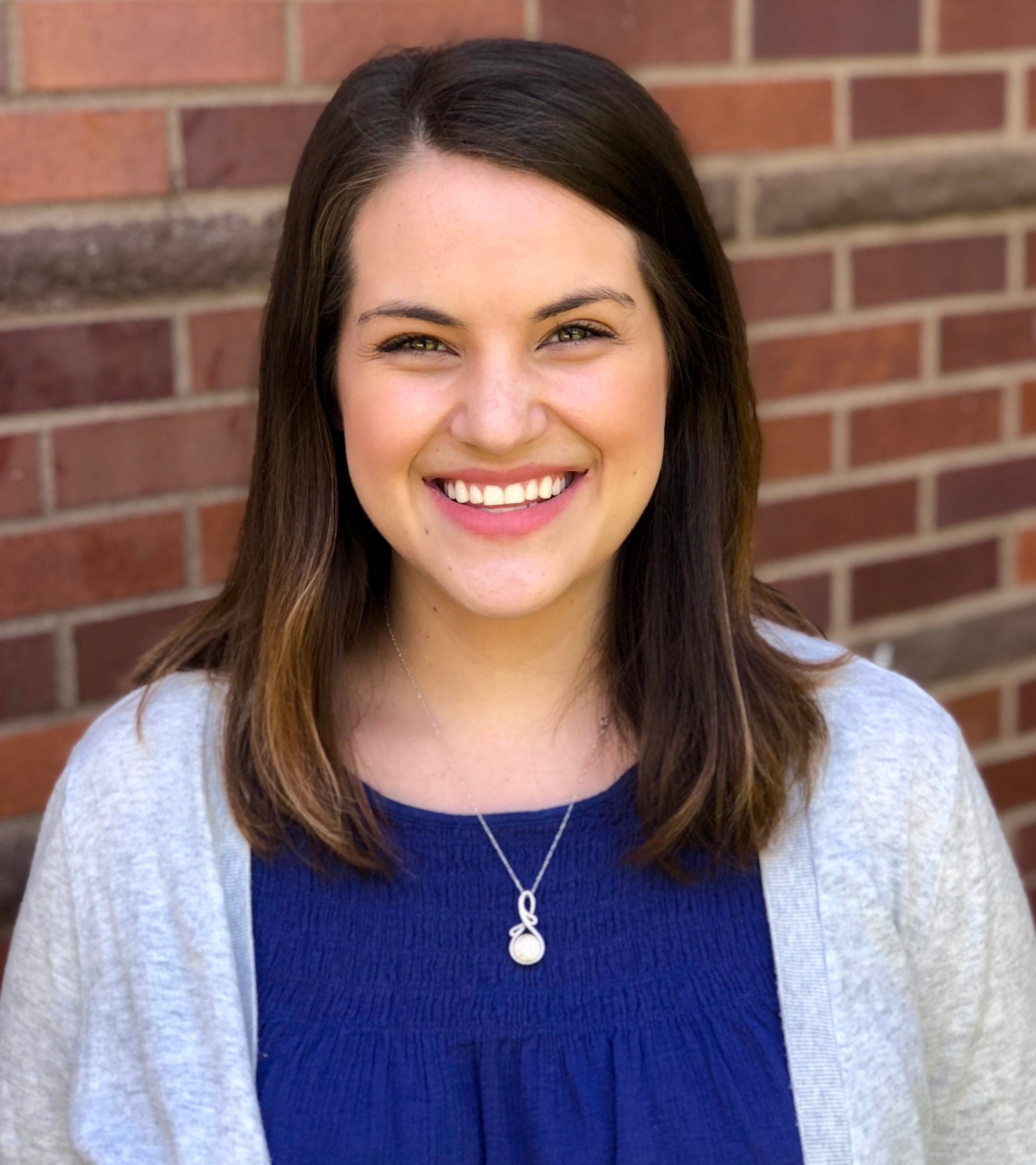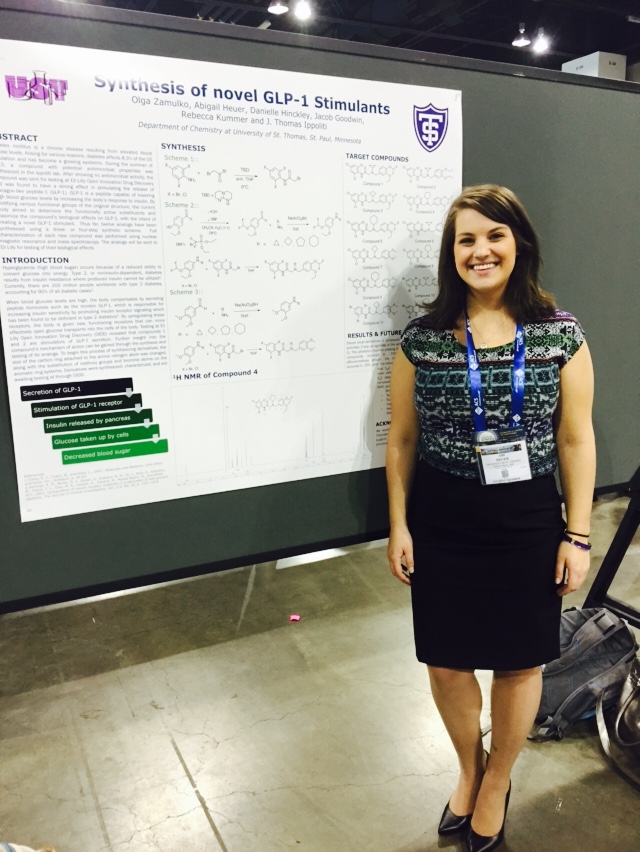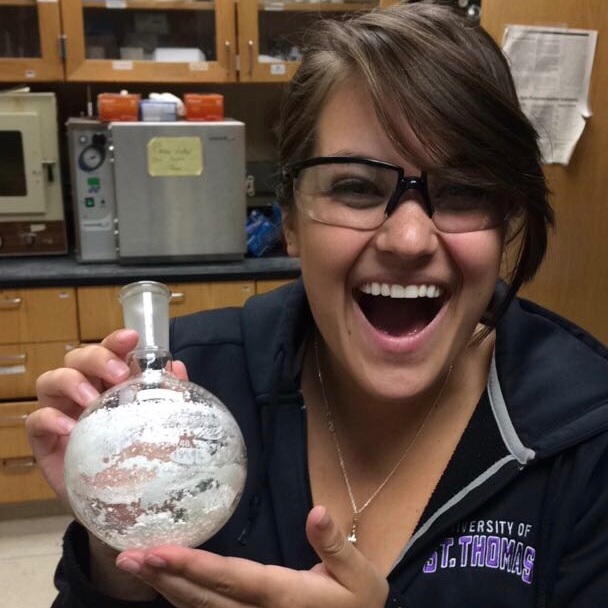Open Labs Spotlight: Abi Heuer
/Written by Susan Knox
Imagine making structures that bacteria synthesize with your own hands! For Abi Heuer, this is a reality. As a second year Ph.D. student in chemistry at Yale University, Abi makes molecules using organic synthesis principles. Her favorite part about being a scientist is that she is solving problems no one else has figured out before, “Most of the molecules that I make have never been made before, so learning about them and how they behave is fun! Chemistry is always showing us how much we don’t know, which is super humbling and, at the same time, very exciting!”
In the beginning, Abi wanted to be a doctor, but her science teachers encouraged her to study science, including her high school AP Biology teacher, Mr. Wanie. He was “seriously amazing,” helping Abi to realize that she was good at science. In college, her research advisor, Dr. J. T. Ippoliti, motivated her to learn synthetic chemistry and inspired her to pursue chemistry instead of medicine. Now, she is “inspired by great women scientists like Alanna Schepartz, Carolyn Bertozzi, Sarah Reisman, Jennifer Doudna and Frances Arnold”. These women are certainly inspirational, as Frances Arnold won the Nobel Prize in Chemistry in 2018.
Abi’s graduate research focuses on creating new molecules; currently, she is making antibiotics called (+)-pleuromutilins. Pleuromutilin antibiotics prevent proteins inside of bacteria from being synthesized, blocking the P site of the bacterial ribosome. The molecules she is making contain three rings (a tricyclic core) and many sites that must be very specific in their atom placement, which makes the synthesis of these molecules especially challenging. Her research will “give us a better understanding of the binding in the ribosome and will allow us to design novel structures with increased potency.”
While Abi spends a lot of time in lab, she does recognize the importance of life balance. She reflects, “I think especially in synthesis, grad school is VERY demanding of your time, but it’s important to take time away from research. I try not to work on Sundays so I always have a full day off each week. I also try to set my hours so that I’m home early enough to spend some time watching TV and winding down before bed. Good time management is important because I can set up some experiments, go to my Open Labs meetings/volunteer events/go out for lunch on the weekends, etc. and then come back and finish them. Lots of multitasking!”
Exposure to new topics and fields can guide us to our next career step. For Abi, her synthetic chemistry background has influenced her decision to work in pharmaceutical research doing medicinal chemistry to make new drugs for patients. Advice from mentors can also affect our choices. Abi’s advice is two-fold:
“It’s never too late to change your mind! If you’re interested in science now but aren’t sure whether you’re more interested in physics or engineering or chemistry or medicine or biology, pursue them all and you’ll find your niche!
It won’t be easy, but it will be worth it. College will sometimes be hard and graduate school will definitely be hard but there’s so much to learn and it’s very fulfilling to look back on where you started and see how far you’ve come through all the hard work.”
If you have any questions for Abi, other members of the Open Labs team, or if you want more information on how to attend or get involved with upcoming events, contact us at [email protected]. Also, be sure to follow us on Facebook, Twitter, and Instagram for the latest Open Labs and science updates!



